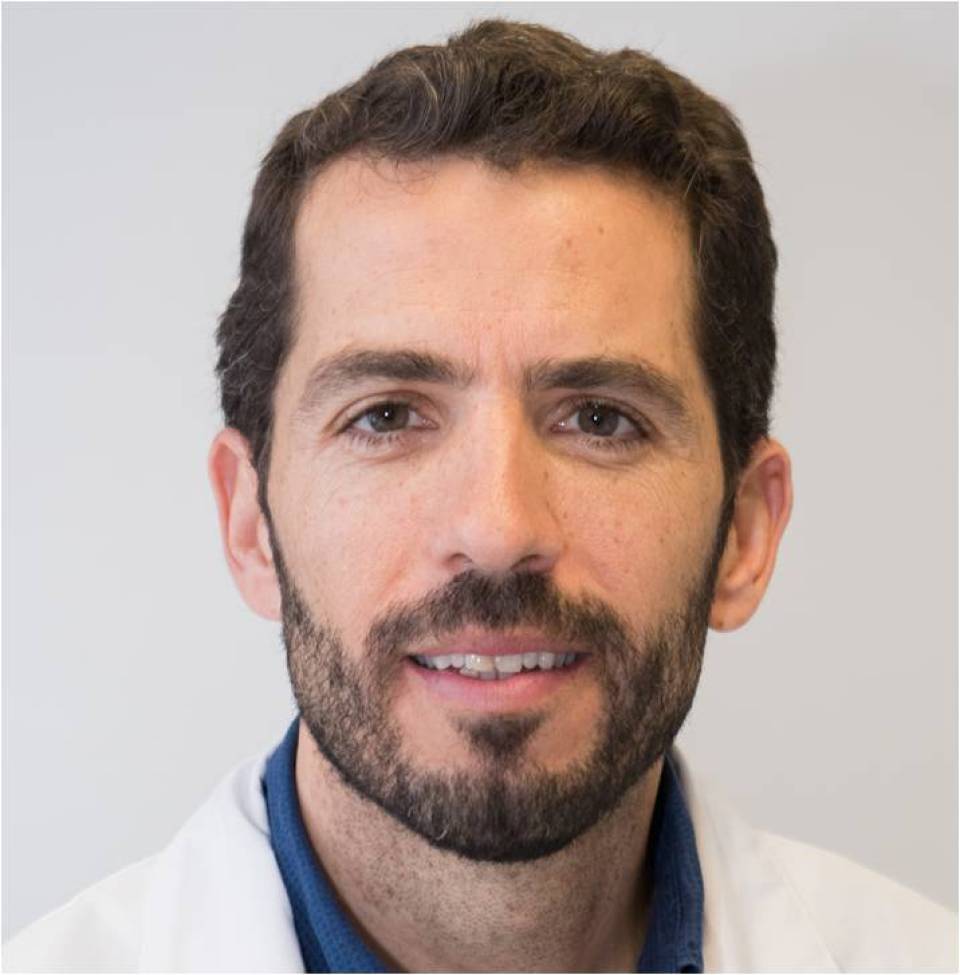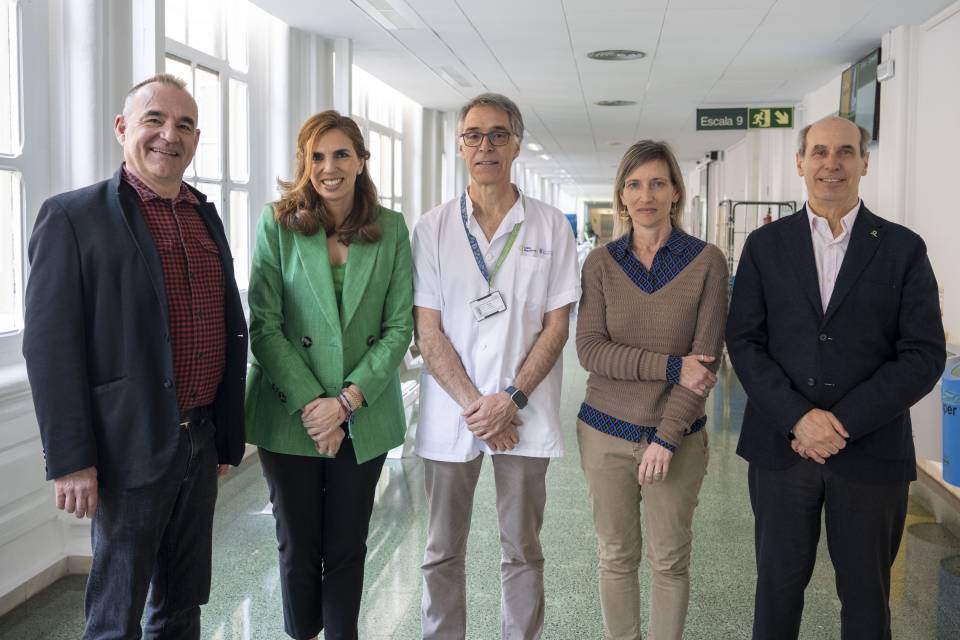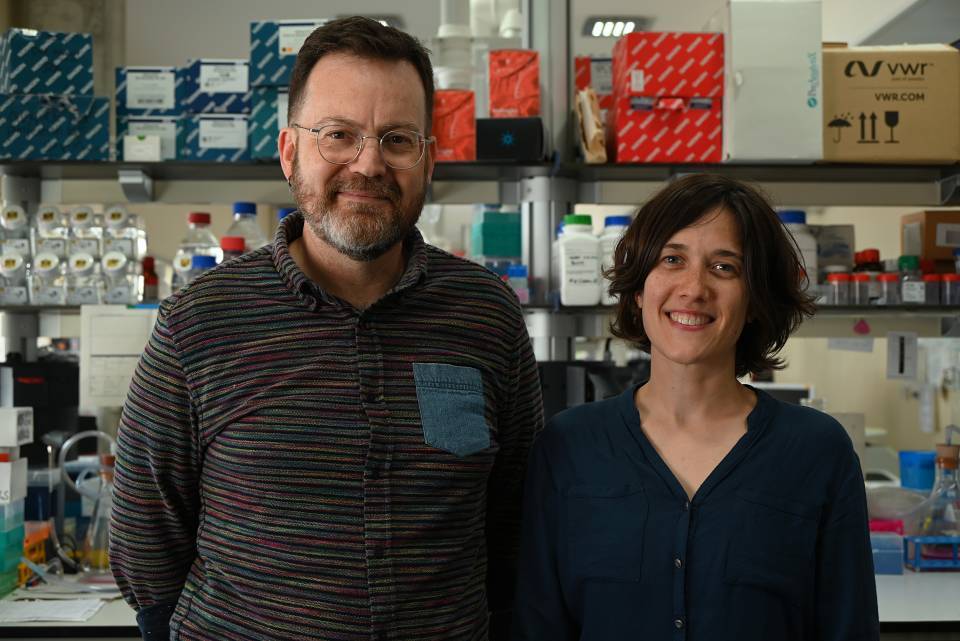Substantiated information by:

Antonio Maria Lacy Fortuny
General and Digestive Surgery
Gastrointestinal Surgery Department

Estela Pineda Losada
Oncology
Medical Oncology Department

Francesc Balaguer Prunes
Gastroenterologist
Gastroenterology Department

Mª Rosa Costa Quintàs
Nurse
Gastrointestinal Surgery Department
Published: 20 February 2018
Updated: 20 February 2018
The donations that can be done through this webpage are exclusively for the benefit of Hospital Clínic of Barcelona through Fundació Clínic per a la Recerca Biomèdica and not for BBVA Foundation, entity that collaborates with the project of PortalClínic.
Subscribe
Receive the latest updates related to this content.
Thank you for subscribing!
If this is the first time you subscribe you will receive a confirmation email, check your inbox
An error occurred and we were unable to send your data, please try again later.











